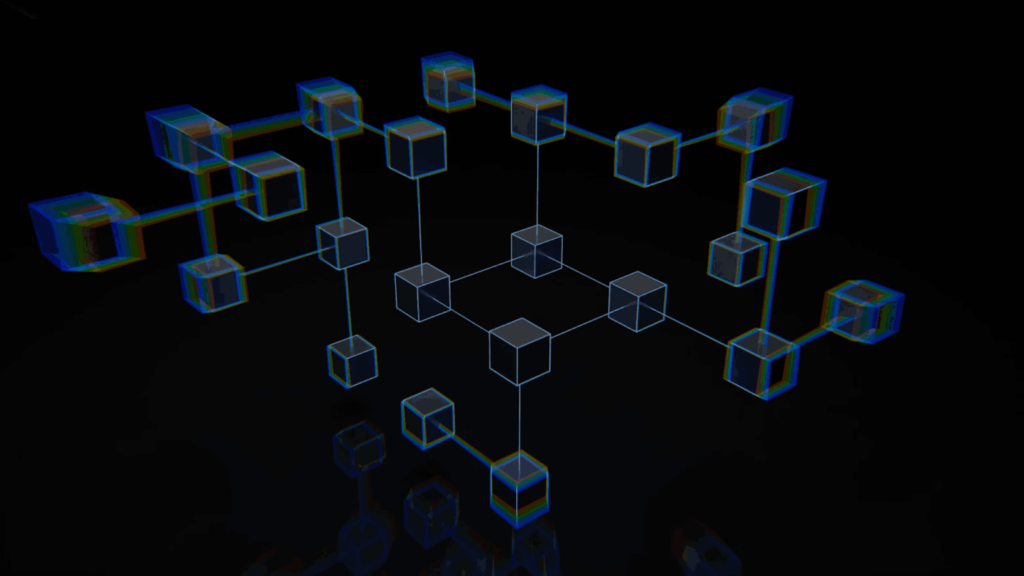
The Truth About Blockchain Decentralization: Risks & Rewards

The concept of decentralization has gained popularity due to the presence of crypto assets that have the potential to transform the financial sector. Where once all control was held by centralized authorities, now anyone can have power over their own assets. In this article, we will discuss the advantages and disadvantages of decentralization.
Article Summary
🔄 Decentralization in blockchain involves transferring power, control, decision-making, and oversight from centralized authorities to a distributed network.
🎮 Advantages of decentralization include user control, transparency, anonymity, immutability of stored data, and fraud prevention.
⚠️ Disadvantages of decentralization include criminal activities, relatively high costs, and dependence on users operating the network.
What Is Blockchain?

Source: unsplash.com
Blockchain is a universal, open-source, and decentralized ledger with cryptographic security. There are three key elements in blockchain technology: distributed ledger technology, immutable records, and smart contracts (a relatively new innovation).
Transactions in a blockchain are decentralized, meaning they are not controlled by a single authority but can be accessed by anyone with an internet connection. The largest application of blockchain technology is in the cryptocurrency industry.
What Is Decentralization in Blockchain?
Decentralization in blockchain refers to the transfer of power, control, decision-making, and oversight from centralized bodies to a distributed network. Decentralization aims to eliminate control and interference from a few individuals, groups, or single entities.
The presence of decentralization is driven by awareness of the potential abuse of power in centralized institutions. Satoshi Nakamoto pioneered the return of power to all involved parties. However, in practice, decentralization has many advantages and also disadvantages that must be known.
What Are the Advantages and Disadvantages of Decentralization?
Advantages
- User Control: In a decentralized network, users can initiate or terminate transactions without requiring authorization or permission from centralized authorities (third parties).
- Transparency: Every transaction record is stored in a digital ledger accessible to every user in the network.
- Anonymity: Users in the network can choose to protect their identity and hide personal information from the public while still performing transactions within the network.
- Immutability: Data stored in a decentralized blockchain is nearly impossible to change or delete, as every change must be validated by every node in the blockchain network.
- No Single Point of Failure: In a decentralized system, a failure at one point will not cause the entire network to go down.
- Open Development: Decentralized networks are open development platforms, allowing anyone to make modifications and updates by building tools, services, and products on top of them.
- Fraud Prevention: Blockchain is an open-source ledger where every transaction is recorded, making it easy to detect fraud. The integrity of the blockchain system is monitored and maintained by miners who validate transactions daily. There are thousands of miners validating blockchain transactions worldwide, providing extensive oversight to decentralized blockchain-based cryptocurrencies, making them almost immune to fraud.
- Censorship Resistance: Blockchain technology is free from censorship as it is not controlled by any single party. Therefore, no authority (including the government) can interfere with the operation of the network.
Disadvantages
- Criminal Activity: The anonymity of user activities in the blockchain network is often misused by criminals and perpetrators of illegal activities. However, many instruments are now available to track criminals on the blockchain.
- Cost: The complexity of decentralized networks leads to higher transaction and creation costs compared to centralized networks.
- Heavy Dependence on Users: Decentralized networks heavily rely on users who operate as nodes to keep the network running smoothly.
Conclusion
Decentralization plays a crucial role in cryptocurrency as it empowers individuals and leads to a more equitable, free, and secure financial system. With control not centralized in any individual or institution, decentralization ensures minimal failure and illegal practices over user assets.
Decentralized crypto assets are built to delegate transaction verification to thousands of nodes working together in the network. This approach provides greater transparency and integrity compared to centralized systems, which are prone to fraud and data manipulation.
Learn more knowledge of crypto through various articles on Safubit Academy. All articles on Safubit Academy are created for educational and informational purposes only and are not intended as financial advice.
Don’t forget to follow our social media:
X : https://x.com/safubit
Medium : https://medium.com/@safubit.exchange


 February 10, 2025
February 10, 2025